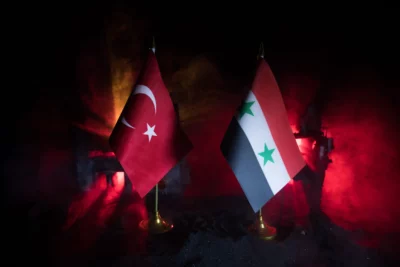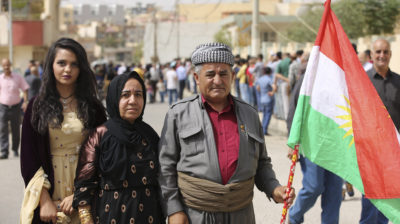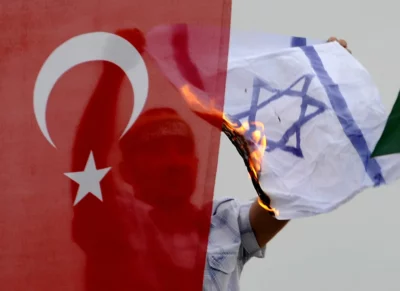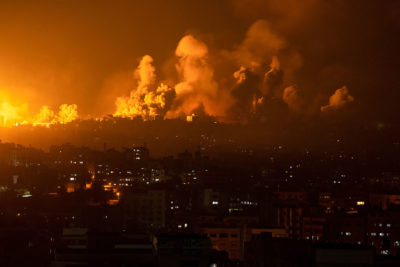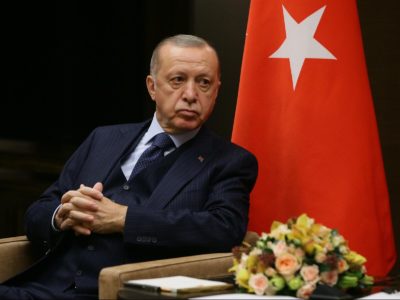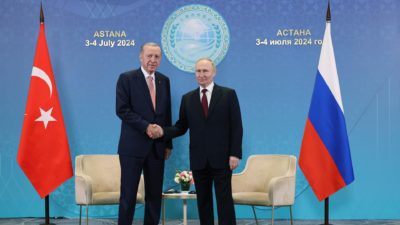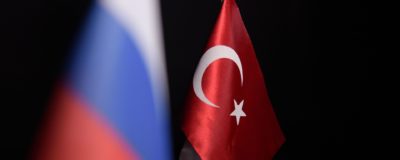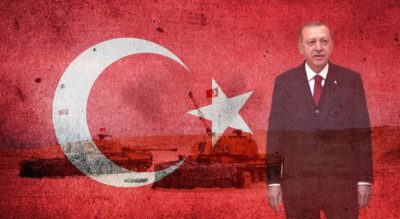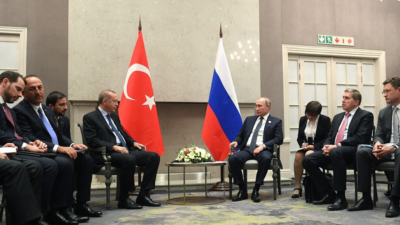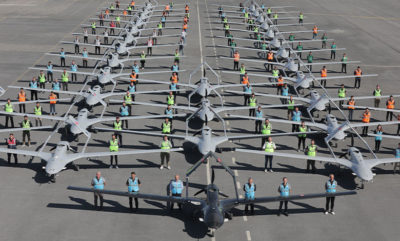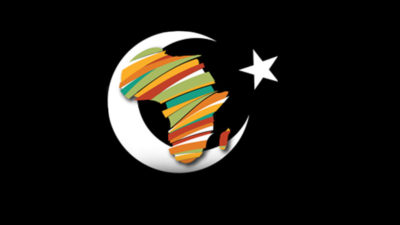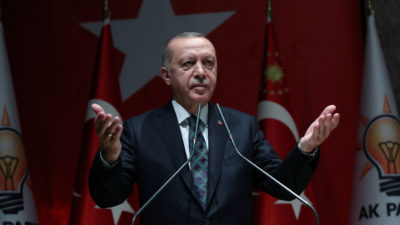Syria and Turkey have re-established relations. But everything that is happening is just an imitation that Syria refuses to take part in
This summer, with the help of Russia, Iran and Iraq, relations between Syria and Turkey were restored. This event became the subject of current diplomacy to find a detente in the Middle East. Of course, the US did not approve of such an act by Turkey. However, Ankara’s new attitude does not satisfy Syria either. What is the reason for this?
The Syrian issue in Turkish-American relations
Turkey is particularly concerned about the ongoing simmering conflicts near its borders, where the Kurdish issue poses a key security threat to Ankara. Turkey refuses to countenance the existence of any form of Kurdish entities in neighboring countries, and this is having a negative effect on relations between Turkey and the USA.
Turkey is making threats, but won’t actually fight against Israel
Turkish leader Recep Erdogan is condemning Israel for the military conflict in the Gaza Strip – perhaps more than all other leaders of the Islamic states combined. However, Ankara is not moving from words to real deeds. What is the reason for this political approach of Turkey?
The Middle East on the brink of a new conflict
The ongoing war between Israel and Hamas is not finding a political solution, but is entering a new round of tension that threatens to turn into a major regional conflict. What follows Recep Erdoğan’s statement on the possibility of Turkey entering the Palestinian conflict and the assassination of Ismail Haniyeh in Tehran?
Turkish revanchism and the role of the UK
With the support of the United Kingdom, Turkey is actively developing a revanchist policy within the framework of the doctrines of non-pan-Turanism and neo-Ottomanism, which is not being met with opposition from the US and EU. At the same time, Ankara is trying to take advantage of anti-Russian pressure from the West and Moscow’s preoccupation with the Ukrainian crisis.
Russia and Turkey have exchanged views
The meeting of the Russian and Turkish heads of state at the SCO summit in Astana did not resolve all existing issues, but showed ‘progressive development’ of bilateral relations…
What kind of peaceful settlement of the Russian-Ukrainian crisis is Turkey in favour of?
“A bad peace is better than a good war,” so says a Russian proverb. “If the Turks speak of peace, prepare for war,” so says a Greek proverb. So, what kind of peace is Turkey offering in the Russian-Ukrainian case?
Turkey is stepping up its foreign policy
Over the past two decades, Turkey has pursued and is pursuing an increasingly active and interventionist foreign policy in line with geopolitical transformations and structural challenges of regional conflicts. With fewer internal restrictions, the Turkish political apparatus and, above all, the President of the Republic, Recep Tayyip Erdoğan, had enough room for manoeuvre and flexibility to formulate an ambitious foreign policy, which has at times led to an aggravation of relations with both global and regional players…
Тurkey is examining the prospect of BRICS membership
Turkey’s advantageous geography makes it an attractive participant in important international organisations, which strengthens the country’s sovereignty. BRICS is gaining geopolitical and geo-economic momentum and Ankara is considering with whom and in which direction it should go…
Turkish expansion in Africa. Part Three: Turkish "drone and gunboat’ diplomacy"
Ankara’s promotion of its UAVs on the African arms market played a major role in strengthening Turkish influence on the continent. The Bayraktar TB2 model, which, with a wingspan of 12 metres and a flight time of 27 hours, carrying 4 laser-guided missiles, has become not only a symbol of Turkish weaponry in many parts of the world, but has also become an effective tool of Turkish foreign policy.
Turkish expansion in Africa Part Two: Basic Directions and Instruments of Turkish Policy in Africa
Turkish engagement with the continent, the African Institute for Policy Studies of the Federal Republic of Germany notes, is based on economic development, military co-operation, humanitarian aid, cultural and religious ties, and the training of African personnel…
Developments in Türkiye – is Erdoğan “sowing the wind” and “reaping the storm”?
World history shows that an independent policy of a charismatic leader of an important state often leads to a foreign interference, i.e. a coup d’état and the overthrow of the undesirable ruler. When all the “arguments” of diplomacy and economic pressure fail to achieve their goals, they use covert operations of special services and subversive organizations under their control to carry out a coup d’état as legitimate or illegitimate removal of the current leader from power. In this regard, Türkiye has quite a lot of experience in internal political intrigues and external interventions with successful and failed attempts to overthrow the legitimate government.
